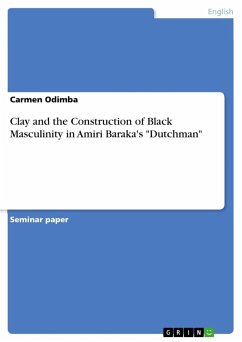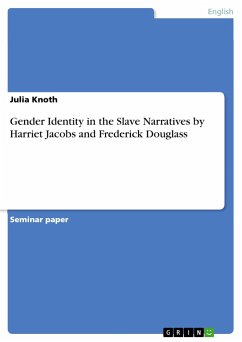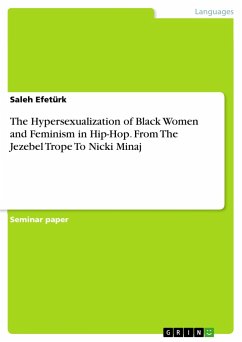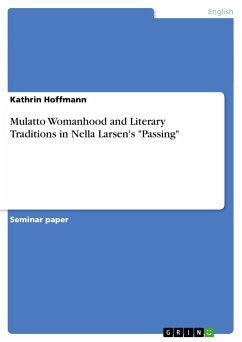Seminar paper from the year 2010 in the subject American Studies - Literature, grade: 1,3, Johannes Gutenberg University Mainz (American Studies), course: Seminar "Recent Developments in American Theater", language: English, abstract: The 1950s and 1960s are one of the most exciting chapters of African American history, politically and artistically. They bore a profusion of new ideas. While leaders like Martin Luther King and Malcolm X proposed radically opposed solutions to the problems of black people's rights, writers and intellectuals handled the Harlem Renaissance's heritage and music saw the hard blues from the earliest part of the century gain in popularity. It is in this period, in 1957, that Amiri Baraka - still LeRoi Jones at the time - moved to New York's Greenwich Village and became part of the Beat Movement. He then founded the literary magazine Yugen with his wife and obtained his first critical acclaim as a poet for Preface to a Twenty Volume Suicide Note... published in 1961. In 1960, he went to Cuba. This visit changed his life. He became aware of the relationship between politics and arts and decided to incorporate his political, social and spiritual beliefs in his writing, using poetry and drama as means to educate. Baraka's transitional period would give birth namely to Dutchman, a controversial play which premiered in 1964. The audiences were especially shocked by the political allusion to the Genesis. Baraka also transposed his own evolution in Clay: the movement from docile, assimilated and insignificant black man to proud revolutionary and marginal poet telling out loud his truth to the white institution.
Hinweis: Dieser Artikel kann nur an eine deutsche Lieferadresse ausgeliefert werden.
Hinweis: Dieser Artikel kann nur an eine deutsche Lieferadresse ausgeliefert werden.








